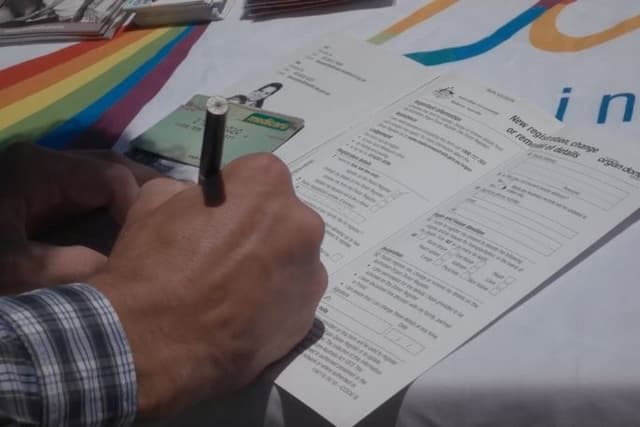
Dying To Live - Tuning In to Organ and Tissue Donation
Lesson1 of 6 in this unit
SecondaryYear 7 - 8EnglishSocialDisabilityEqualityMental HealthPhysical Health
Summary
Lesson Guides and Printables
Lesson Plan

Student Worksheet

Teacher Content Info


Lesson Plan

Student Worksheet

Teacher Content Info
